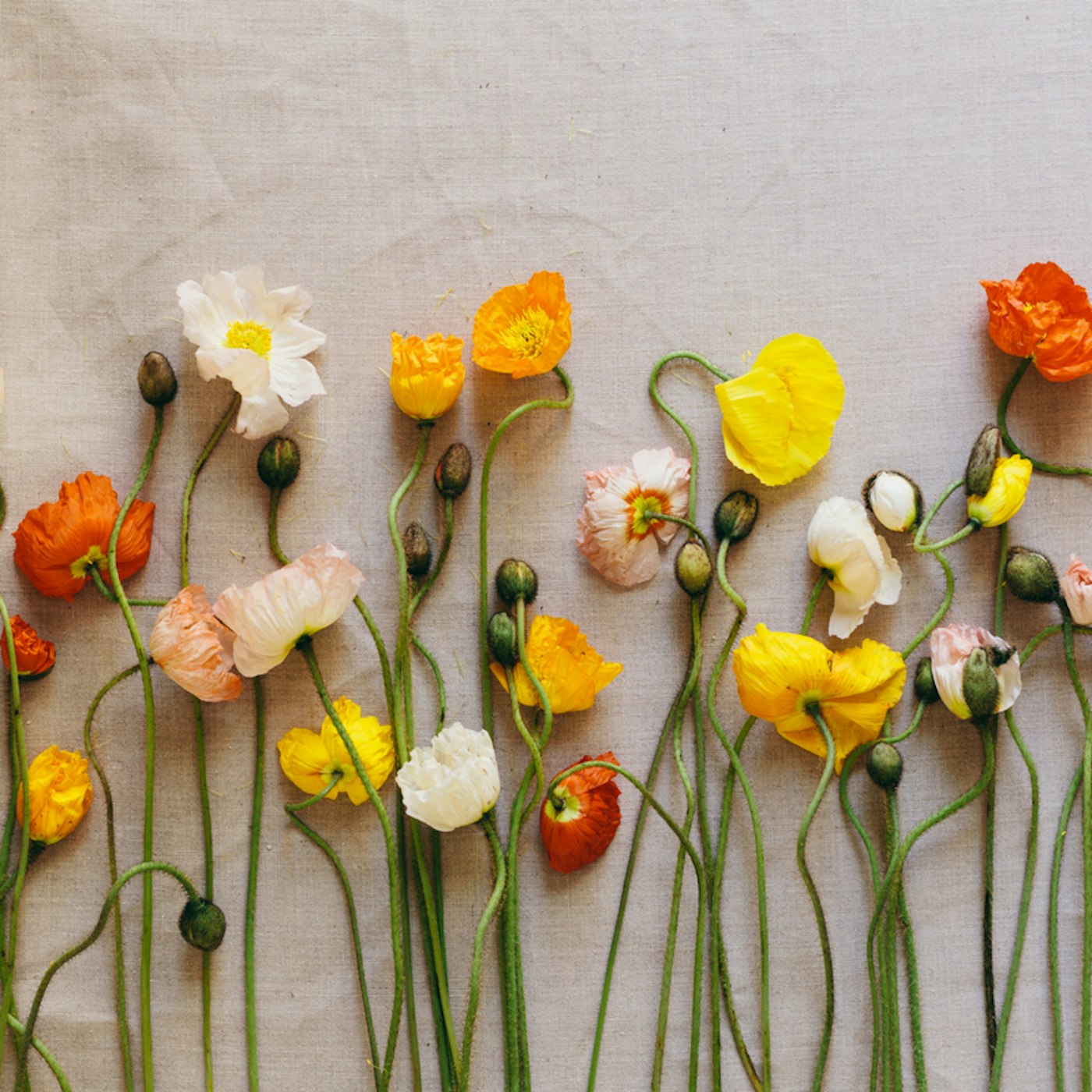
There are over a few hundred types of bees in the UK and they are all crucial in maintaining the balance of the Earth’s ecosystem. Bees pollinate food crops and fertilise plants to produce a colourful array of fruits, vegetables and seeds, from almonds and vanilla to coffee and melons. Bees also provide us with delicious, healing, and nutritious by-products as stated by Allah, The Most Gracious, in the Qur’an:
‘And your Lord inspired to the bee, “Take for yourself among the mountains, houses, and among the trees and [in] that which they construct. Then eat from all the fruits and follow the ways of your Lord laid down [for you].” There emerges from their bellies a drink, varying in colours, in which there is healing for people. Indeed, in that is a sign for a people who give thought.’ – Surah An-Nahl, verses 68-69
Honey: raw
Unpasteurised honey is incredibly nourishing and wholesome. The wonderful bee collects nectar from flowers into its mouth, and the bees’ salvia contains enzymes that create a chemical reaction, turning the nectar into honey which is then stored in beehive walls. Raw honey has been used traditionally by several cultures including Egyptians, Indian, Greek and Chinese communities for its wound and gut healing effects. It is antimicrobial, antibacterial, cardioprotective, gastroprotective, has anti-cancer properties, and contains excellent levels of antioxidants. Studies show honey also contains high levels of prebiotics which promotes the growth of beneficial bacteria in the gut. Prophet Muhammad (ﷺ) noted the healing qualities of honey and cupping:
Narrated Ibn `Abbas:
The Prophet (ﷺ) said, “Healing is in three things: A gulp of honey, cupping and branding with fire (cauterizing).” But I forbid my followers to use (cauterization) branding with fire.
Bee pollen
These yellow-brown granules have a wonderful texture, aroma and flavour. The difference in shape, size and colour in pollen grains depends on the plant species. Bees collect pollen from plants, mix it with saliva or nectar and carry this mixture in baskets on their legs to be stored in the hive. The collected bee pollen also undergoes fermentation which produces bee bread, a source a protein which feeds the colony. Bee pollen is packed with vitamin C, B vitamins, carotenes, magnesium and essential amino acids. It has antioxidant, anti-allergic, anti-inflammatory, antibacterial, anti-carcinogenic, anti-fungal, immune-enhancing and liver-protective properties. Long-term use of bee pollen has shown to improve mood, strengthen physicality and boost mental capacity.
Propolis
This wax-like resin is used by bees to construct and protect their hive from viruses and bacteria. It can be consumed for its antimicrobial properties which helps protect the gastrointestinal tract from parasitic infections. It also has antiviral, anticancer and liver-protecting effects. Propolis acts similarly to antibiotics and so it is an effective treatment for vaginal infections. Furthermore, propolis is also great for oral health due to its antibacterial properties, reducing plaque development and alleviating bad breath.
Royal jelly
Worker bees combine bee pollen and honey with enzymes in their throat glands to produce royal jelly – a creamy substance which feeds the queen bee. Its nutritional content is believed to contribute to the queen bee’s superior strength, size and longevity in comparison to other bees. Royal jelly’s antioxidant and anti-inflammatory properties have shown to alleviate PMS, promote hormonal balance, improve sperm quality and male fertility, reduce menopausal symptoms, curtail ageing and enhance cognitive performance.
Whilst these hard-working, magnificent bees provide us with many nutrient-rich foods, it is important to enjoy them in moderation. Habitat loss, pesticide use, pollution and aspects of climate change are negatively affecting bee populations. According to a 2019 report by WWF, insecticide use in parts of Europe, including the UK, has reduced reproduction in bumblebees and solitary bees, depleted the number of plant resources for pollinators and diminished population performance. See here for more information on how you can be bee friendly and enjoy sustainable honey.
“Be like the honeybee, anything it eats is clean, anything it drops is sweet, and the branch it sits upon does not break.” – Imam Ali (AS)
Disclaimer: This information does not constitute as medical advice. Consult your doctor or healthcare provider for advice regarding any medical condition. Do not attempt to self-diagnose or treat medical conditions based on this information.
Sources:
Biological and therapeutic properties of bee pollen
Honey, Propolis, and Royal Jelly: A Comprehensive Review
Bee Pollen: Chemical Composition and Therapeutic Application
Ashiya Mendheria
Ashiya Mendheria is a nutritional therapist, and works with women and children of all ages, to cultivate wholesome health by focussing on nutrition and lifestyle changes. Ashiya believes health and vitality can be elevated through practical actions found in the daily, small but consistent habits.